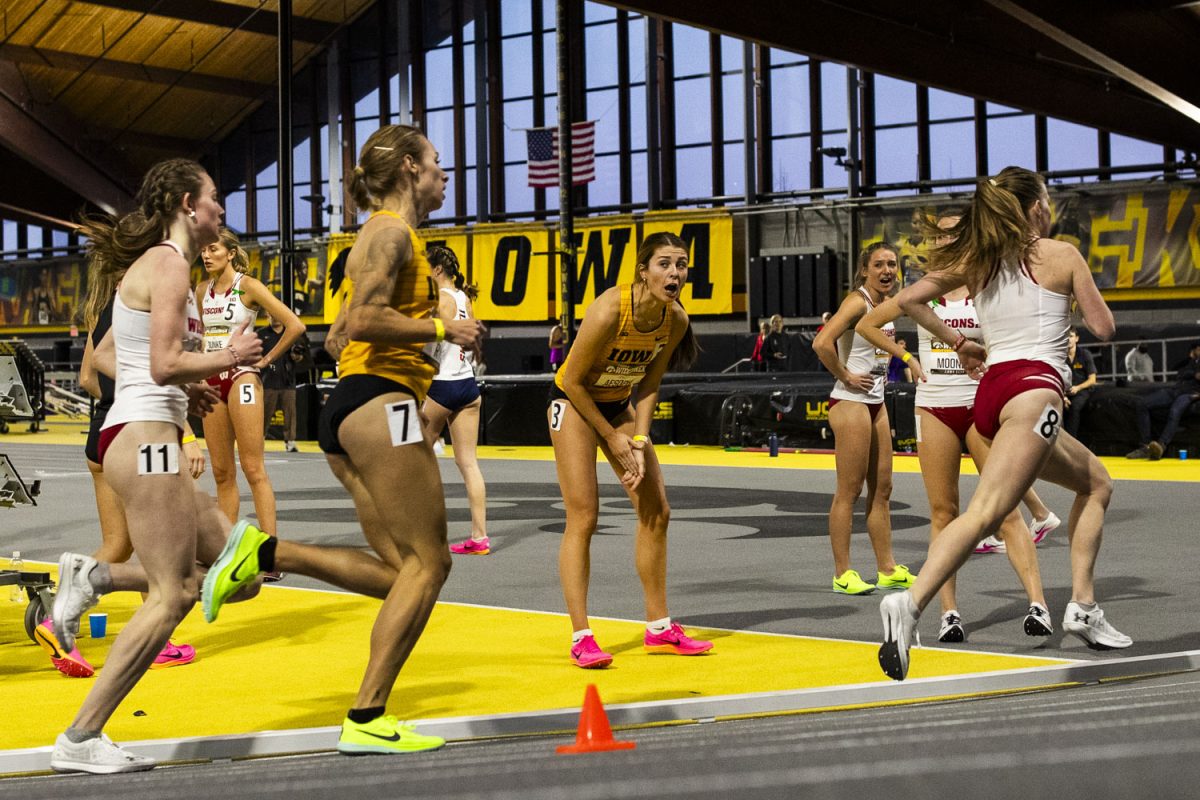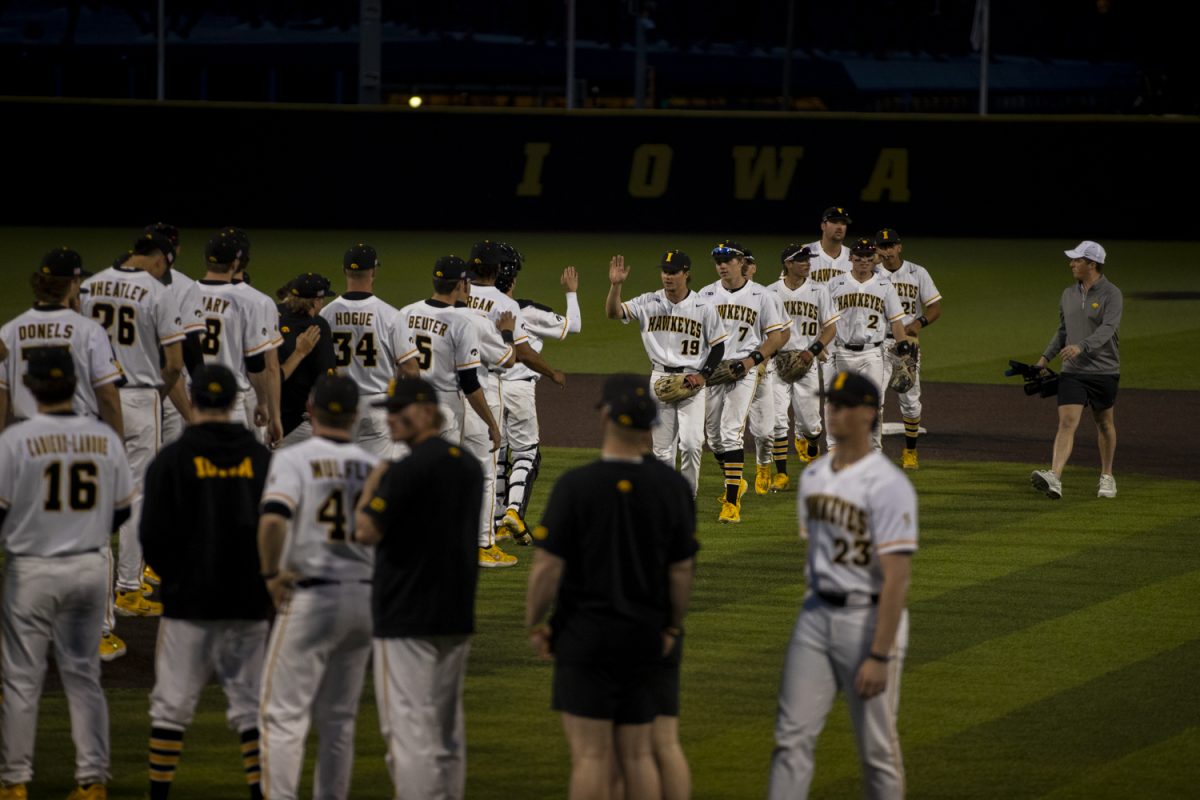When Brody Grothus opened his Big Ten tournament with a second-period pin in Madison this past weekend, the Black and Gold contingent in the Kohl Center stood in applause. Grothus, the fourth 149-pounder Iowa has sent to the conference championships in as many years, became the first of that group to win a Big Ten Tournament match since Brent Metcalf (2007-08 through 2009-10).
That staggering fact caused some Iowa wrestling fans to tear up, be it because of the longevity between wins or because they thought the recent 149-pound curse for the Hawkeyes was, at long last, over.
The tears, understandably, were replaced by frustration when Grothus went on to lose his next two bouts, eliminating him from the tournament.
It’s fair for Iowa wrestling fans to be upset with his tournament showing after he pieced together, what appeared to be, a good-but-not-great season. Many expected him to make a run at placing in the top six, which would’ve automatically qualified him for the NCAA championships at 149 pounds — which also would have been a first since Metcalf, who won two NCAA titles and two Big Ten titles.
But the disappointment should be set aside, if only because Grothus is in a solid position to earn an at-large bid to the NCAA Tournament at his weight.
According to the NCAA, each weight class will consist of 33 wrestlers. Of the 33, 29 will qualify by virtue of placing in the necessary spots at their respective qualifying tournaments (most of which are the conference tournaments). The Big Ten was given six allocations for 149 pounds.
As such, four wrestlers per weight will receive at-large selections. Those spots will be handed out based on specific criteria by the NCAA: head-to-head competition; qualifying event placement; quality wins; results against common opponents; winning percentage; RPI; coaches’ ranking and the number of matches contested at that weight class.
Grothus entered the Big Ten championships with an RPI ranking of 11 (the most-recent RPI rankings were released on Feb. 27) and sat seventh in the coaches’ rankings. Each of the wrestlers ranked above him in both polls punched their tickets to the NCAA championships through their conference tournaments.
Among Grothus’ 23 wins, four are over opponents ranked higher than him in both polls — Oklahoma State’s Josh Kindig, Michigan’s Eric Grajales, Northwestern’s Jason Tsirtsis, and Edinboro’s David Habat.
Moreover, of his 10 losses, seven are to guys currently qualified for the national tournament. Grothus has traded wins and losses with each of the previous four in addition to losing to Nebraska’s Jake Sueflohn, Minnesota’s Nick Dardanes, and Virginia Tech’s Zach Neibert.
The outlook, at the very least, is positive for Grothus and his chance at receiving an at-large bid to the NCAA championships.
Of course, an argument exists that, had Grothus wrestled better and earned his trip to nationals through an automatic bid, the Hawkeyes could have returned to Iowa City as the 2014 Big Ten tournament champs.
Iowa will have another opportunity to down Penn State in two weeks when Oklahoma City plays host to the 2014 NCAA Wrestling Championships. And when the team does travel south, it shouldn’t be surprising to anybody when Grothus is on the bus with them, his weight down, his mind set on wrestling in the season’s final tournament.






